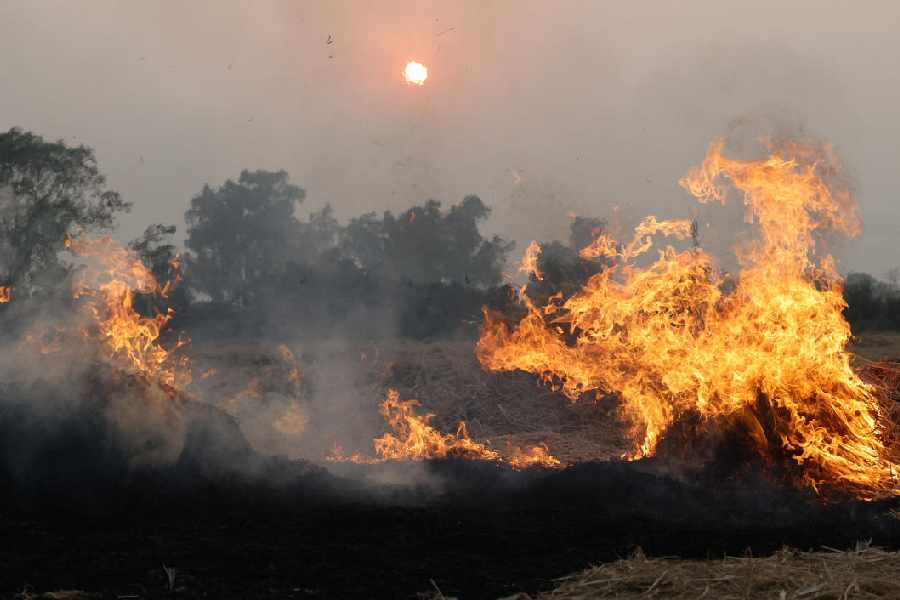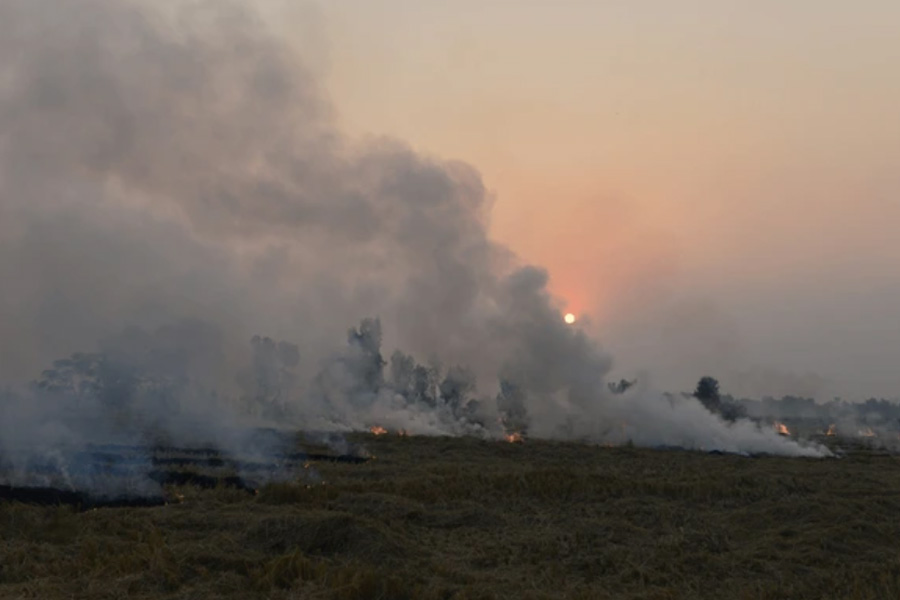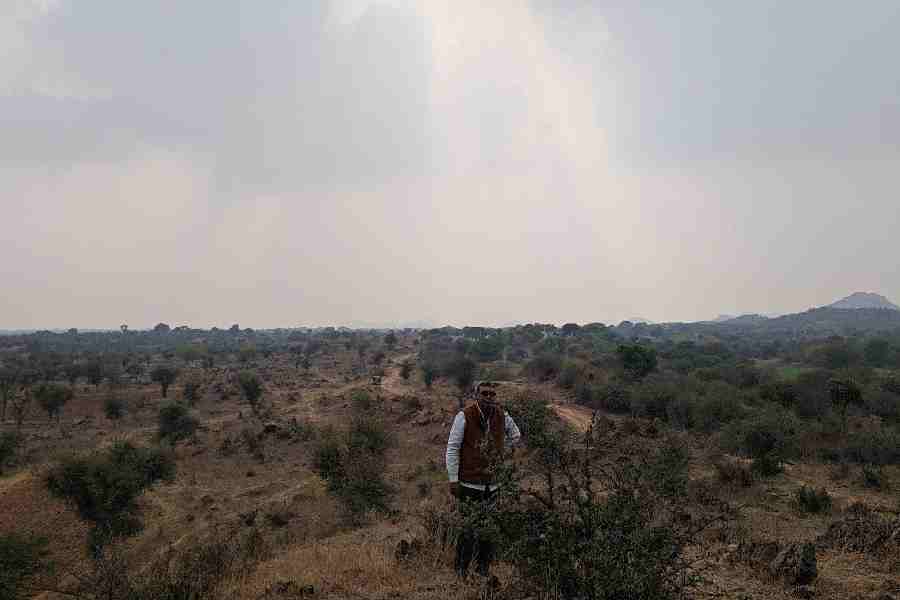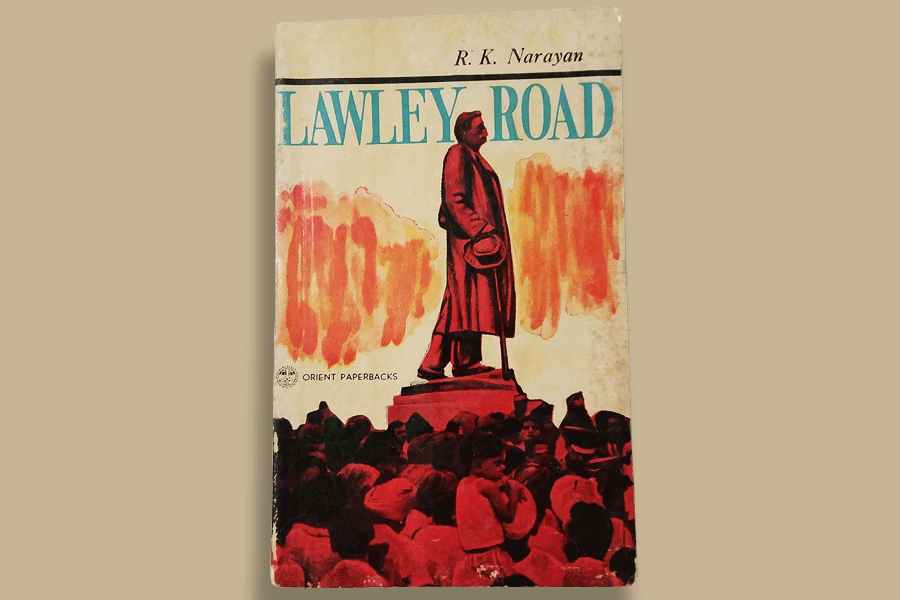To combat the worsening air in New Delhi, farmers in parts of Punjab are sending crop stubble to factories for recycling instead of torching it — a long-entrenched practice that has helped make the city one of the world’s most polluted each winter.
Stubble smoke, mixed with vehicle exhaust and dust, lingers in cooler months as slow winds trap pollutants.
Now, farmers in more than 800 of Punjab’s roughly 12,000 villages are using balers to stack residue and dispatch it to plants that convert it into biogas, bio-fertiliser and cardboard, according to the Confederation of Indian Industry.
Stubble burning still persists across northern states, and advocates say the shift is only partial. “While this has led to some reduction in stubble burning, the incentivisation and awareness of such initiatives is still limited compared to the intensity of response needed to tackle the problem in a comprehensive way,” said Sunil Dahiya, founder and lead analyst at Envirocatalysts in New Delhi.
CII says it is supplying equipment and resources. “Due to stubble burning, we are exposed to smoke … It’s not an exciting activity for us, that’s why we are stocking it and sending it to boilers to be sold,” said Dalbir Singh, a 25-year-old farmer in Balwar Kalan village in Sangrur.
Traditionally, stubble burning has been the quickest way for farmers to clear fields between rice harvesting and wheat sowing, typically in early to mid-November.
Last week, New Delhi's air quality index hovered around 400, ranking in the "severe" category, prompting authorities to step up curbs on construction and industrial activity.
53-year-old farmer, Gurnaib Singh from Phaguwala village of Sangrur, says he has set up a factory to make cardboard from waste stubble and is not only helping keep the air clean, but also providing employment to dozens at his plant.












